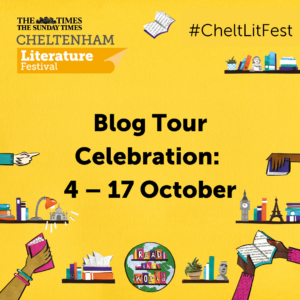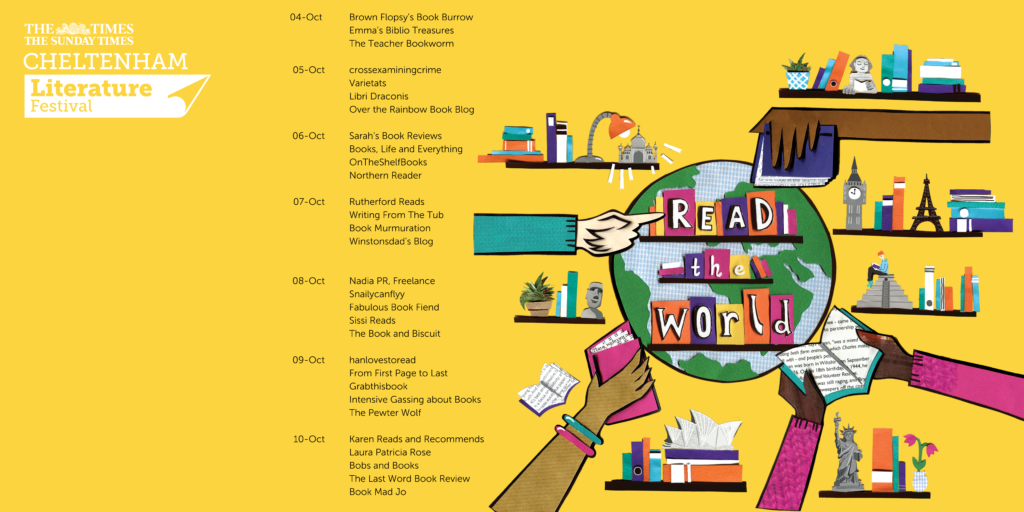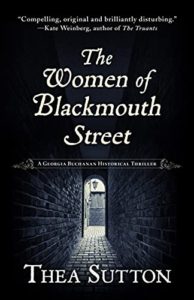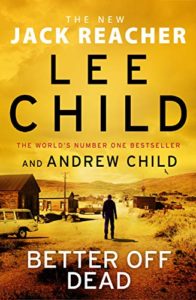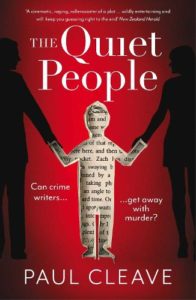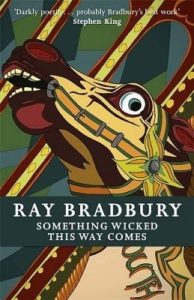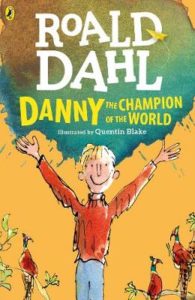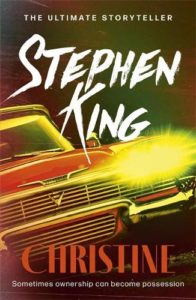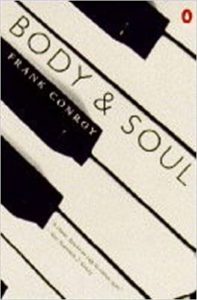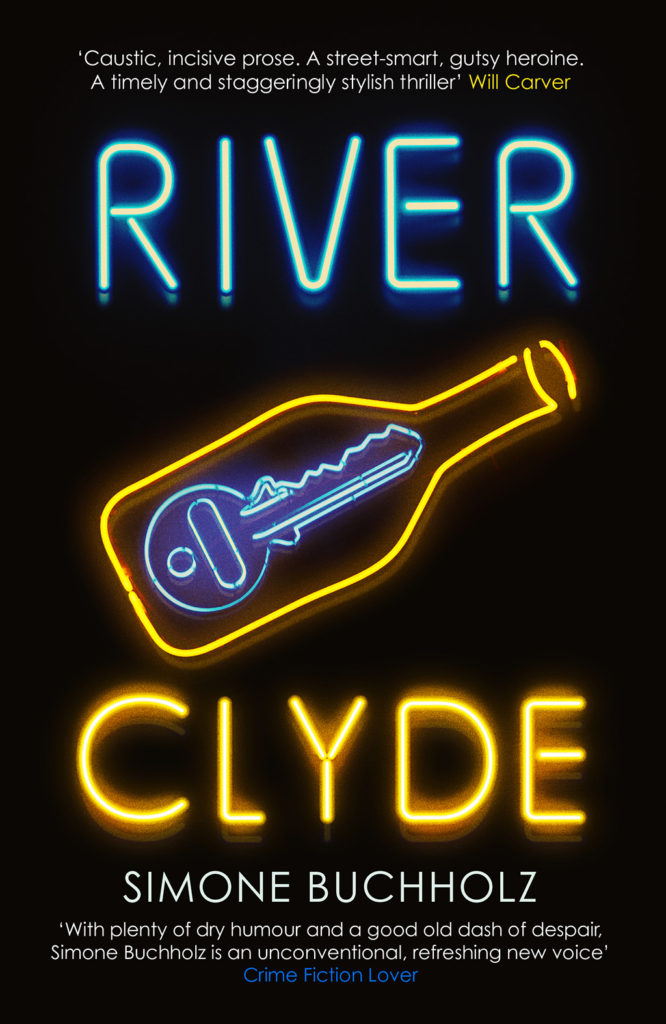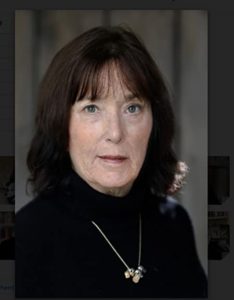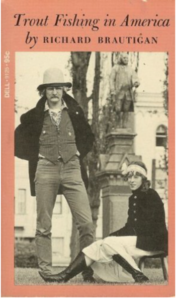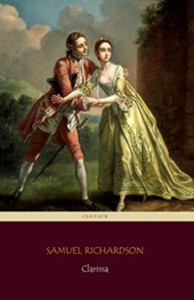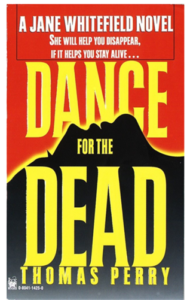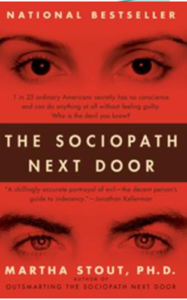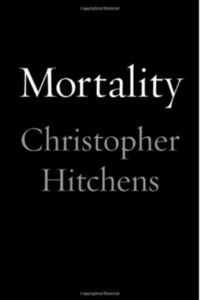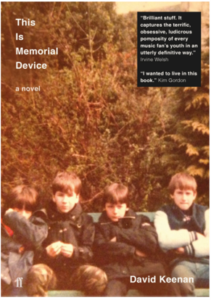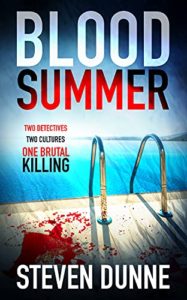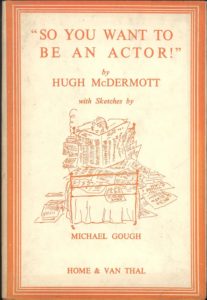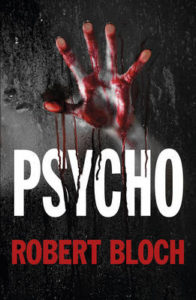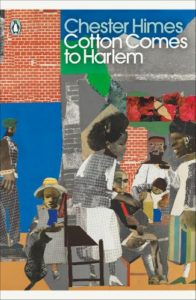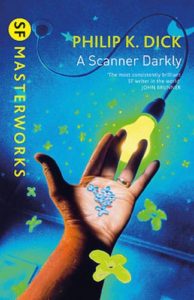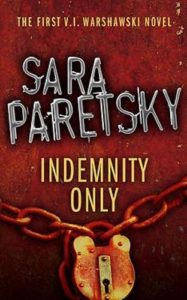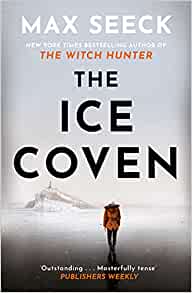One – Peter Schmeichel
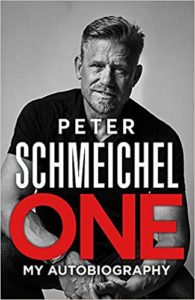 ‘Why me? How could a boy from a Copenhagen tower block say I want to be a champion with Manchester United and Denmark and make it happen?’
‘Why me? How could a boy from a Copenhagen tower block say I want to be a champion with Manchester United and Denmark and make it happen?’
Peter Schmeichel is a giant of football, who won more Premier League titles (five) than any player in his position and captained Manchester United in the incomparable, last-gasp Treble-clinching win over Bayern Munich in the 1999 Champions League final. ‘I don’t believe a better goalkeeper played the game,’ Sir Alex Ferguson said. One: My Autobiography is Schmeichel’s story.
In it, he takes us inside the remarkable, winning environment of a club that transformed football during the 1990s, and on to the pitch on that crazy, breathless night in Barcelona in 1999. From Ferguson’s unique gifts to Eric Cantona’s unique personality, he delivers a close-up and insightful portrait of United’s golden era.
However, One: My Autobiography goes way beyond the pitch.
Schmeichel has an incredible family story to tell, starting with his father, Antoni, a brilliant Polish jazz musician who battled demons and for years kept a momentous secret from those around him. And he explores what he has been able to pass on to his own son, Kasper – himself a Premier League-winning goalkeeper and number one in the Danish national side.
Peter’s life after football, seldom straightforward, is described with astonishing candour. One: My Autobiography is about football, origins, journeys and legacy.
My thanks to Sofia Saghir at Midas PR for the opportunity to join this leg of the #CheltLitFest blog tour and for selecting a terrific book to showcase.
I loves that the opening line of the blurb to One sees Peter Schmeichel asking the question “Why me?” Well natural talent and a fantastic work ethic would appear to be big contributors to the success he enjoyed during an outstanding playing career. Peter is appearing at the Cheltenham Literature Festival (on Sunday 10th October) and after reading One I would love to be in the audience to hear him speak. This book is crammed with entertaining, funny and inciteful anecdotes which you can only imagine are the tip of the iceberg when it comes to storys which could have been told.
I don’t read biographies on a regular basis but when I do pick up a new book to dig into someone’s life I tend to cateogorise them into one of two reading experiences. First there is the biography about someone I feel I know something about. This is where Peter Schmeichal and One would sit. I watched much of Peter’s playing career as I have been a football fan for virtually all my (nearly 50) years and I saw the growth of a young Manchester United team who rose to win the biggest competitions they entered. Schmeichel was at the heart of that success and a UK household name. I recognised many of the events he writes about so putting those stories into the context I remember was a wonderful trip back down memory lane.
The other type of biography is that where I know the person but they are something of an enigma. I recently read Dr Heather Martin’s utterly absorbing biography of Lee Child and would classify that into this category. I knew Child through his writing but knew nothing about the guy behind the name. So where One told stories around events I knew, The Reacher Guy told a whole new story about someone I really didn’t know.
Back to One. Before the football became all consuming in Peter’s life he also gives the reader a background on his own family. Danish legend Schmeichel first travelled under a Polish passport, his father was Polish and left the East to a new life in Denmark with Peter’s Danish mother. The Polish Government put pressure on Peter’s father to spy for them while he was in a Western country!
When his playing career was just getting underway Schmeichel tells of the frustration he experienced while trying to get a move to Manchester United. His admiration and respect for his old boss shines through as does the strong squad ethic which was built up over those years. Seeing behind the scenes of those wonderful days is a treat for a football fan. Reading One I did feel Schmeichel was giving us insights into how footballers conducted themselves, their friendships beyond the pitch and the amazing support network they put in place for each other. We feel we know these players as they are in our newspapers and magazines, on the news and Match of the Day and always on our football pitches when we pass through the gates of the stadium but there is so much more we don’t get to see.
One is a hugely enjoyable read, accessible in manageable chapters, clearly told and warm and engaging for a reader. As Christmas looms this should be on the gift list for football fans and indeed for anyone who wants to read about a player who strives for success and the self disipline needed to achieve those personal goals.
Peter Schmeichel is appearing at the Cheltenham Literature Festival on Sunday 10 October at 10am. Tickets and more information on the event can be found here: https://www.cheltenhamfestivals.com/literature/whats-on/2021/l061-peter-schmeichel/
One is published by Hodder & Stoughton and is available in Hardback, Digital and Audiobook format. You can order a copy here: https://www.amazon.co.uk/gp/product/B0915T6GCN/ref=dbs_a_def_rwt_bibl_vppi_i0
